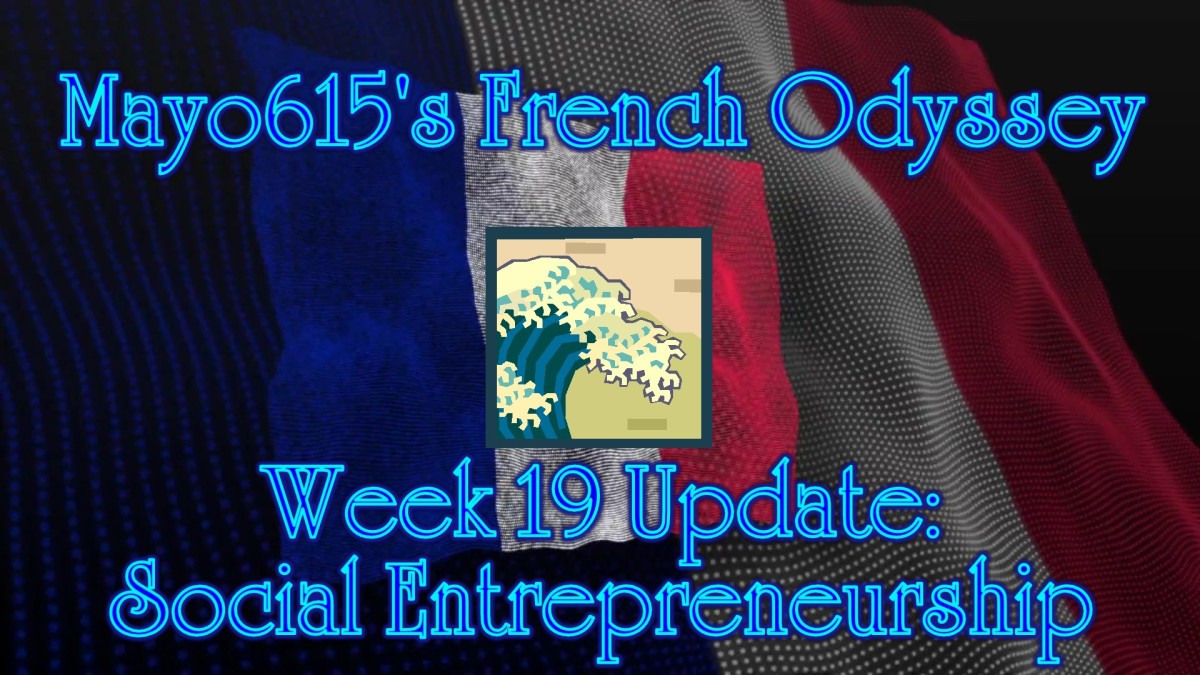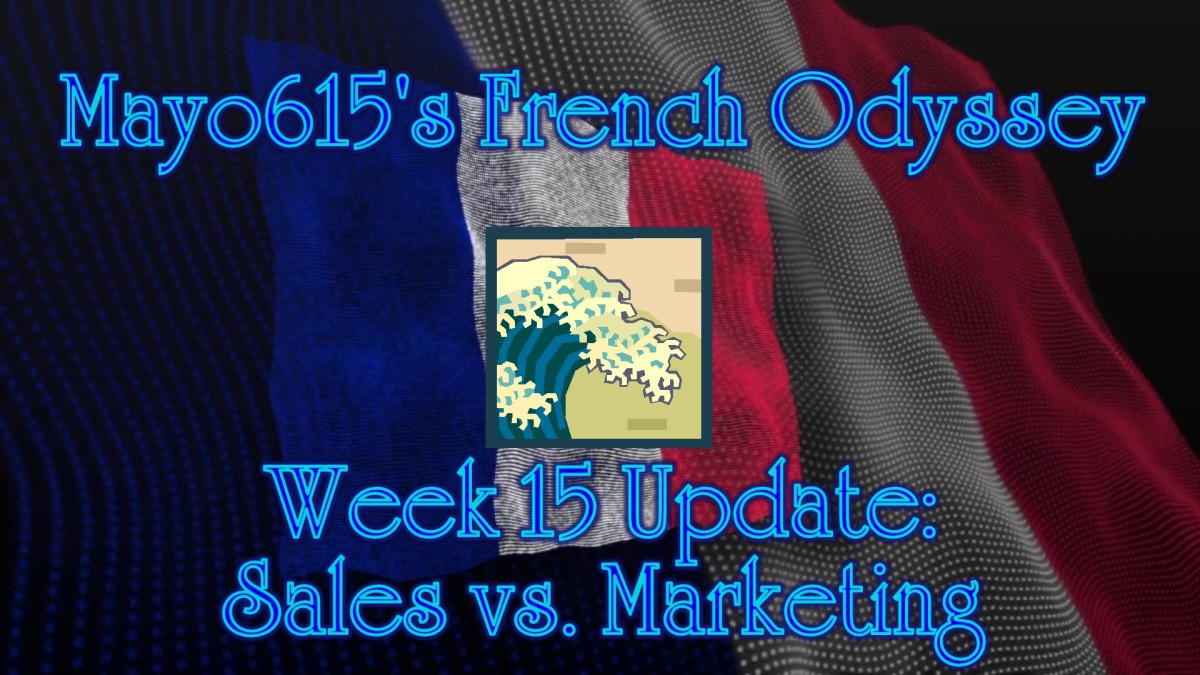Negotiation is at the heart of a business. Winning customers, building partnerships, and securing vendors are all negotiation processes. The skills required to negotiate successfully are complex: inter-personal communication, sales skills, a bit of analytical psychology, assertiveness, and conflict resolution. In short, for a company to do well, the lead negotiator must like people and know how to deal with many different types of people.
Strong People Skills Are Essential to Negotiation Success
Negotiation is at the heart of a business. Winning customers, building partnerships, and securing vendors are all negotiation processes. The skills required to negotiate successfully are complex: inter-personal communication, sales skills, a bit of analytical psychology, assertiveness, and conflict resolution. In short, for a company to do well, the lead negotiator must like people and know how to deal with many different types of people.










